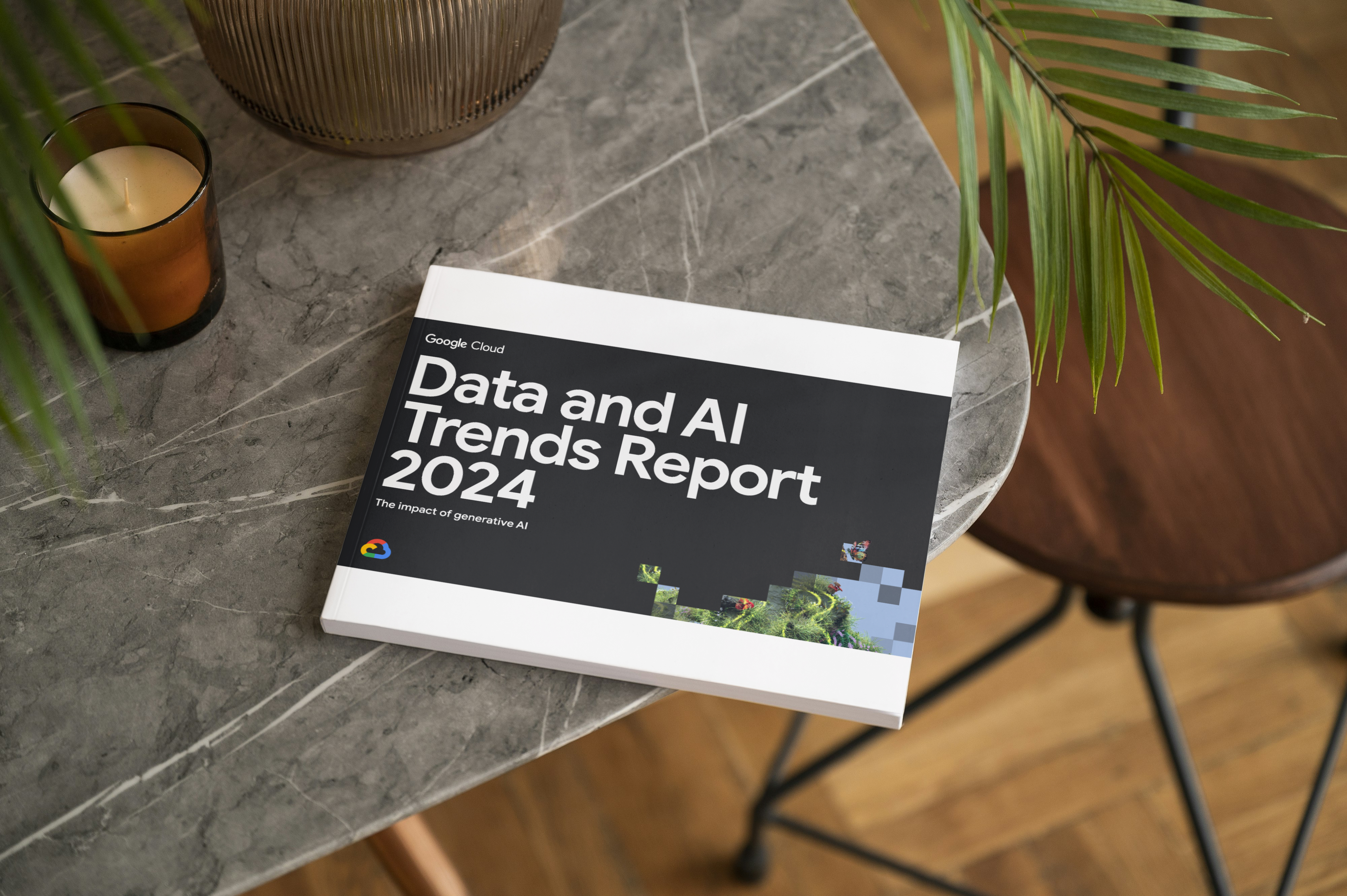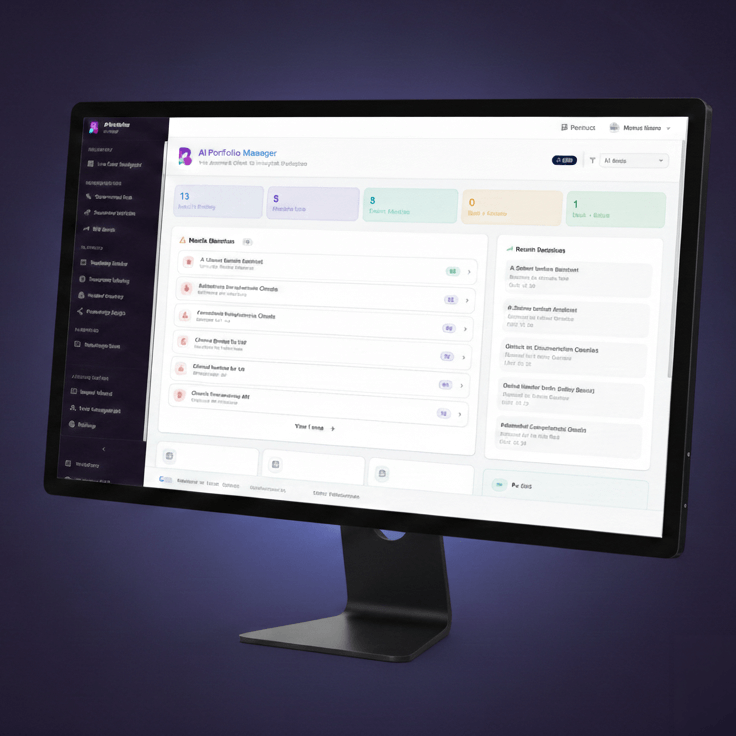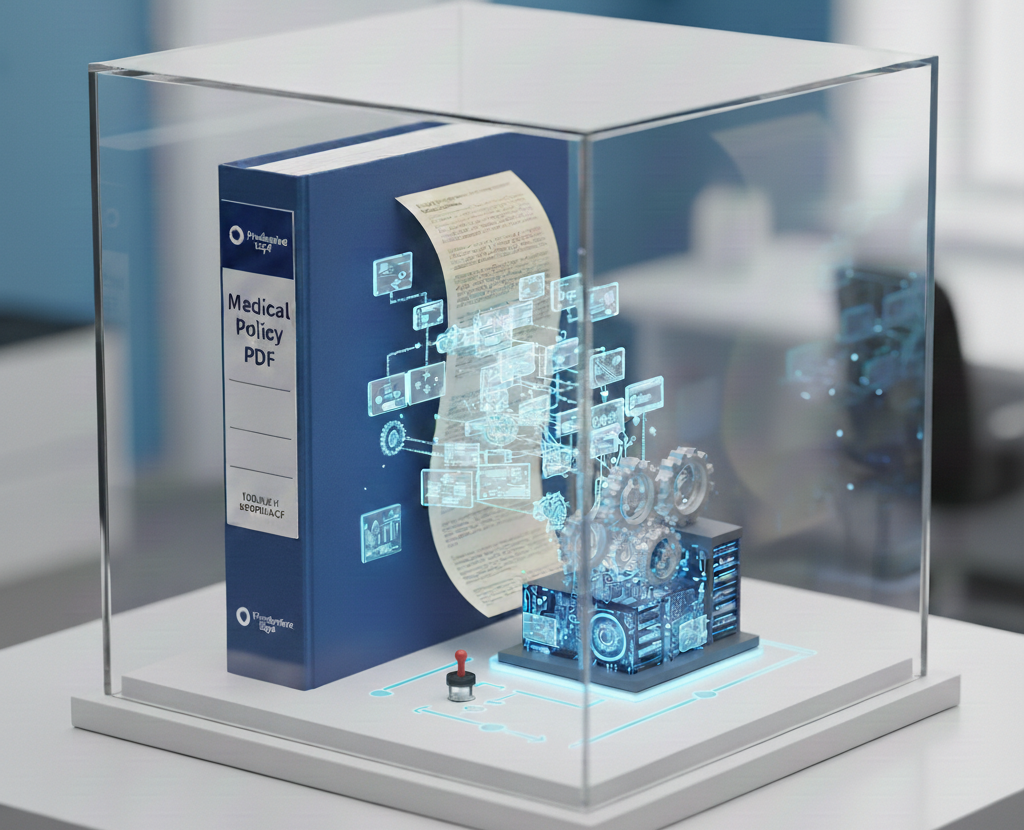Imagine a world where your data transcends numbers and charts to become a dynamic, strategic partner in your business journey. This is the rapidly evolving reality of business data management, propelled by the integration of generative AI (gen AI). As businesses tackle the challenges of increasing data volumes and the demand for real-time insights, gen AI stands out as a transformative force, revolutionizing how we handle and analyze data.
In an effort to grasp the full impact of this shift, Google surveyed hundreds of business and IT leaders about their strategies and goals for harnessing gen AI and published the results in their Data and AI Trends 2024 Report. This whitepaper not only explores how AI is reshaping business operations but also provides a strategic roadmap for leveraging gen AI to boost decision-making and operational efficiency.
In this blog, we'll unpack the report, highlight the top five trends shaping the data industry, and offer insights into what these developments mean for your data stack and teams this year.
Five Defining Trends in Data and AI
1. Gen AI Will Speed the Delivery of Insights Across Organizations

Generative AI is revolutionizing the way we interact with data, transforming it from a complex entity reserved for analysts to an accessible tool for everyone across an organization. This shift is fundamentally changing the landscape of business intelligence (BI), making it more democratic and intuitive than ever before. Imagine a world where even those without technical expertise can harness the power of sophisticated data insights to drive productivity and accelerate innovation.
Recent developments have seen 52% of non-technical users leveraging gen AI to extract valuable insights from data. This trend is supported by modern BI tools that integrate seamlessly into everyday business applications, allowing for real-time data interaction. For instance, sales teams can now access customer insights directly within their CRM systems without waiting for analyst reports. This not only speeds up decision-making but also enhances the relevance of the data.
The magic happens when large language models are connected to your business data. These models enable team members to "talk" to data through simple conversational interfaces. Whether it's querying data directly or creating dynamic reports and dashboards, the process is as straightforward as having a chat. The result? A significant uplift in data literacy across the board, leading to smarter decisions and a competitive edge in the marketplace.
Trend 2: The Roles of Data and AI Will Blur
As AI becomes more embedded in day-to-day tools and processes, the traditional boundaries between data management and AI operations are fading, transforming how organizations harness the power of their data, both structured and unstructured. With AI's ability to rapidly process vast amounts of complex data, companies can now access actionable insights faster than ever before, propelling them to make smarter decisions, launch new products swiftly, and elevate customer experiences. As AI blurs the lines between data roles, teams are encouraged to collaborate more closely, enhancing productivity and innovation.
According to Google Cloud's research, 54% of digital leaders say skills shortages prevent them from keeping up with the pace of change.
By adopting a common workspace that supports multiple coding languages and extends software development best practices to data assets, organizations are improving efficiency and streamlining workflows. This not only bridges the skills gap but also maximizes the utilization of untapped data resources.
Trend 3: AI innovation Will Hinge on Strong Data Governance
While the growth of new technology brings tremendous opportunity, it has its own pitfalls. On their road to uncover new opportunities, many organizations are also meeting new challenges, particularly with their data quality. Generative AI is only as good as the data that fuels it and organizations that are strategic about data governance, quality, and security, will be the ones to see the greatest results from AI.
Only 44% of respondents are fully confident in their organization's data quality.
Proactive, automated data governance unlocks your data asset, so you can discover insights, drive innovation, and extract long-term ROI from your data.
To learn 3 ways to achieve more proactive data governance, download this eBook on how to Turn Your Data From Liability to Asset.
Trend 4: Operational Data Will Unlock Gen AI Potential For Enterprise Apps
The changing landscape of enterprise technology is increasingly influenced by the integration of generative AI with operational data, creating systems that are not only efficient but deeply intuitive. Businesses are harnessing the power of large language models (LLMs) like Gemini to drive innovation, yet the real breakthrough comes when these models are merged with operational databases and vector support. This fusion enables the delivery of real-time, hyper-personalized, contextually relevant, omnichannel experiences across enterprise applications.
71% of organizations plan to use databases integrated with gen AI capabilities.
By leveraging techniques such as Retrieval-Augmented Generation (RAG) and vector searches, companies are enhancing the capabilities of LLMs and making gen AI more applicable to their specific needs.

With the support of open source frameworks like PostgreSQL, these advanced databases are set to become the new norm in the industry. Enterprises that fail to adopt AI-first databases risk falling behind as those that do are finding faster, more cost-effective solutions right where their data already exists.
Trend 5: 2024 Will Be the Year of Rapid Data Platform Modernization
As organizations harness the transformative power of gen AI, the limitations of legacy databases are becoming increasingly apparent. These limitations include:
- licensing costs and practices
- lack of cloud-first architecture
- lack of integration with cloud services
- limited community support
- and more
Outdated systems, characterized by poor user experiences and restrictive licensing agreements, are proving costly, compelling C-level executives to reconsider their data management strategies.
The shift toward modernizing databases is driven by the need to leverage cutting-edge AI tools, which operate best on cloud platforms and utilize open-source technologies like PostgreSQL. This urgency is matched by advancements in database migration tools, which are now more capable than ever, thanks to AI enhancements that simplify code conversion and improve operational efficiencies. As a result, IT decision-makers are now more inclined to initiate substantial modernization projects, confidently moving away from legacy systems to embrace the flexibility and innovation that gen AI and open technologies offer.
Stepping Ahead
The convergence of data and AI is not merely a technological upgrade but a strategic imperative that influences every facet of business operations. The integration of AI into data strategies enhances the collective intelligence of an organization, making it more responsive and adaptable to market dynamics. Organizations that embrace these trends by preparing its platforms and people will see a plethora of long-term benefits, including increased agility, improved accuracy in insights, and a more robust competitive edge in the market.
Ready to take the next steps? Download the Google Cloud report to learn more about how to modernize your data and capitalize on gen AI or talk with an expert to see how Productive Edge can support your organization.




